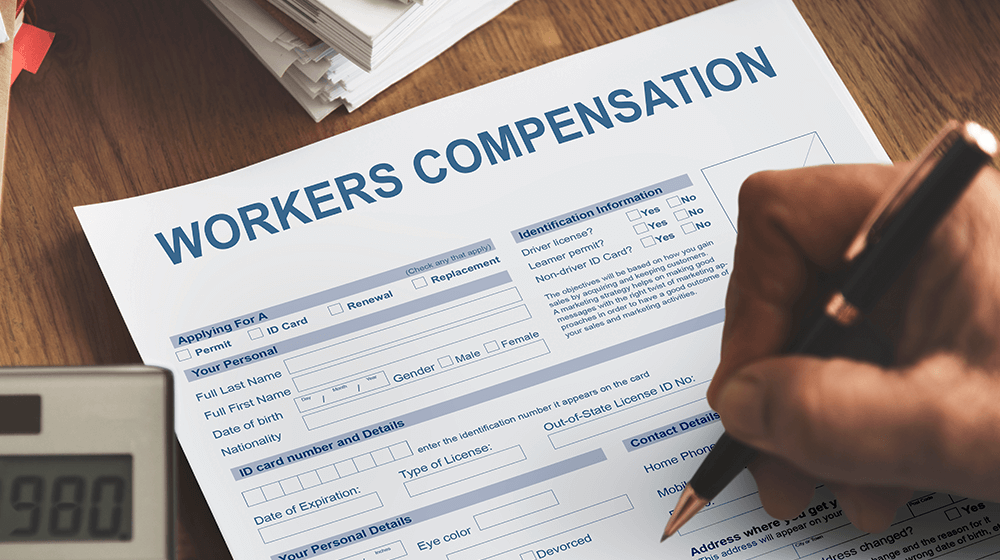Luigi Mangione Was Mad About Something Bigger Than Healthcare

Cunaplus_M.Faba/Getty, fatido/Getty, Hugo Kurk/Getty, Tyler Le/BI
The manifesto found on Luigi Mangione before he was charged with killing UnitedHealthcare CEO Brian Thompson doesn't spend much time discussing the quality of healthcare in America. It doesn't mention any of the specific health issues Mangione had complained about on Reddit or any frustrations he may have had with receiving treatment. Instead, the bulk of the note talks about the size of UnitedHealth Group, the parent company of UnitedHealthcare.
"United," the note says, is one of America's largest companies by market cap, "behind only Apple, Google, Walmart." The company, it says, has "simply gotten too powerful, and they continue to abuse our country for immense profit because the American public has allowed them to get away with it." In other words, it seems Mangione wasn't upset about healthcare, per se — but was pissed off about monopolization. The backpack that was found in Central Park, which police believe belonged to Mangione, was stuffed with Monopoly money. (Mangione has pleaded not guilty to the shooting.)
Though the manifesto gets some facts wrong — UnitedHealth actually stood at No. 14 by market cap at the time of the shooting — it references a very real trend: Over the past 40 years, the government has allowed an unprecedented level of consolidation in almost every major sector of American business. Whether we're buying office supplies or booking a vacation or searching the internet, we're often at the mercy of a handful of companies that dominate that particular corner of the economy. Despite a century of antitrust legislation and litigation, American business is bigger than ever.
That's especially true when it comes to healthcare: The Government Accountability Office found that just three companies control at least 80% of the health insurance market in most states. UnitedHealth, in particular, has spent the past several years acquiring firms from across the healthcare sector, transforming the company into a vertically integrated behemoth that controls health insurance, medical services, pharmaceuticals, and healthcare data. Last year, the Department of Justice opened an antitrust investigation into the company, prompting UnitedHealth to drop two proposed acquisitions. The DOJ also sued to block UnitedHealth's acquisition of Amedisys, a rival provider of home healthcare — a move which UnitedHealth has called an overreach it will "vigorously defend against."
Of course, companies consolidate for all sorts of reasons. For one, size allows them to take advantage of economies of scale. A report by accounting giant PwC found that large hospitals have a lower cost per patient, since they can share resources and treat patients faster. Insurance companies also save money by serving a large customer base — the more people they cover, the lower the risk (and cost) for each person. In a statement, UnitedHealth says, "The $5 trillion US health system remains deeply fragmented and rooted in fee-for-service models that result in less-than-optimal patient outcomes, higher mortality rates, poor patient experience, redundant care, and waste. We're accelerating the transition from volume to value as it's essential that we move beyond a transaction-based health system to a model that is proactive, outcomes-driven and enables people stay healthy over the course of a lifetime."
We have entered a new era in which monopolistic companies "crank up prices, crank down quality, service, and wages, and consumers have nowhere else to turn."Marshall Steinbaum, economist at the University of Utah
But monopolization comes at a steep cost. When a market is controlled by just a few corporations, economists have found, companies can hold customers captive and offer shoddier products and services, simply because consumers don't have any meaningful options. Farmers who buy John Deere tractors, which controls most of the tractor market, aren't permitted to fix their own equipment because the company requires farmers to use its repair services. (The practice is being challenged by a class-action lawsuit and a suit by the Federal Trade Commission.) Apple customers, similarly, are unable to repair their own phones, pushing them to buy new products rather than fix their current models. And in 2015, a study by Yale economist Zach Cooper found that costs for patients in hospitals without competition were approximately $1,900 higher than hospitals with four or more competitors.
In recent years, we have entered a new era in which monopolistic companies "crank up prices, crank down quality, service, and wages, and consumers have nowhere else to turn," says Marshall Steinbaum, an economist at the University of Utah.
Americans are well aware of the problem. In a June Gallup poll of US adults, 41% of respondents said they had "very little" trust in "big business," making it the third-least-trusted institution in America, behind only TV news and Congress. In a survey conducted this past spring, four in five respondents in rural areas of swing states agreed that "corporate monopolies now run our entire economy." And in a recent poll of registered voters, 41% of respondents under 30 said the killing of United Healthcare's CEO was "acceptable" or "somewhat acceptable."
As shocking as that might be, we've been here before. At the end of the 19th century, as major trusts consolidated entire industries, Americans turned to violence. In 1877, in response to the railroads slashing wages, workers rose up in a massive general strike that left 100 people dead. In 1894, a railway strike against the Pullman Co. grew so heated that it sparked a pitched battle with the Illinois National Guard, which killed dozens of strikers. In 1920, a wagon full of explosives was parked on Wall Street to target the banker J.P. Morgan. The bombing killed more than 30 people and injured hundreds more.
The question is: Why did the anti-corporate violence subside? What happened to tamp down the open rebellion — and why do so many Americans once again seem willing to embrace violence as a response to monopolization?
Violence against monopolies dissipated for two reasons. The first was government regulation. The second was low prices.
After the stock market crash of 1929, the government began to crack down on big corporations, breaking up monopolies in oil, tobacco, and railroads. At the same time, the New Deal enabled labor unions to fight companies on a more equal footing, with unions winning higher wages and better health insurance. Taken together, those efforts helped create a large and prosperous middle class. For decades, things seemed to be going well for regular Americans.
Then, in the 1980s, the government shifted its philosophy toward antitrust enforcement. Rather than treating consolidation as an inherent evil, it adopted what became known as the "consumer welfare" standard. If companies kept their prices low, the thinking went, it didn't matter whether markets were cornered by a few corporations. No economic harm, no legal foul.
The new philosophy allowed consolidation to soar — without sparking consumer unrest.
As Walmart and Amazon began to dominate the economy, driving small shops out of business, Americans accepted the loss of local businesses and low wages in return for an abundance of cheap and convenient goods and services. Amazon might rule the world, but who cared? The prices were low, the deliveries were fast, and the returns were free.
But now, as prices have shot up and companies have begun to take advantage of their market dominance, more and more Americans are realizing that when companies get too big, regular people end up paying the price. And when the system feels unfair, civility itself begins to crumble — especially when citizens feel they have no meaningful recourse. A sense of powerlessness, as history has repeatedly shown, breeds violence.
Amazon might rule the world, but who cared? The prices were low, the deliveries were fast, and the returns were free.
Keeping things civil, in fact, was an explicit reason the government decided to rein in monopolies in the first place. Speaking on the floor of the Senate in 1890, Sen. John Sherman urged his fellow lawmakers, many of whom were beholden to the rail barons, to support the statute that became the foundation of the anti-monopoly movement: the Sherman Antitrust Act. Congress had to choose, Sherman said: Either heed the public's call to break up the monopolies or "be ready for the socialist, the communist, and the nihilist." Today, with trust in big business deeply eroded and public satisfaction in the healthcare system at a 24-year low, America may find itself at a similar crossroads.
Robin Kaiser-Schatzlein is a freelance journalist who writes for the New York Times, the New Republic, and many other publications. He is writing a book about the authoritarianism of the American workplace, publishing early 2026.


